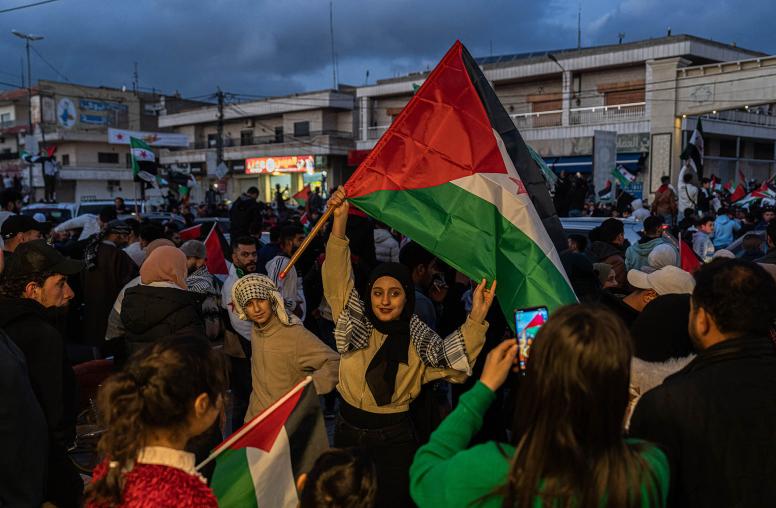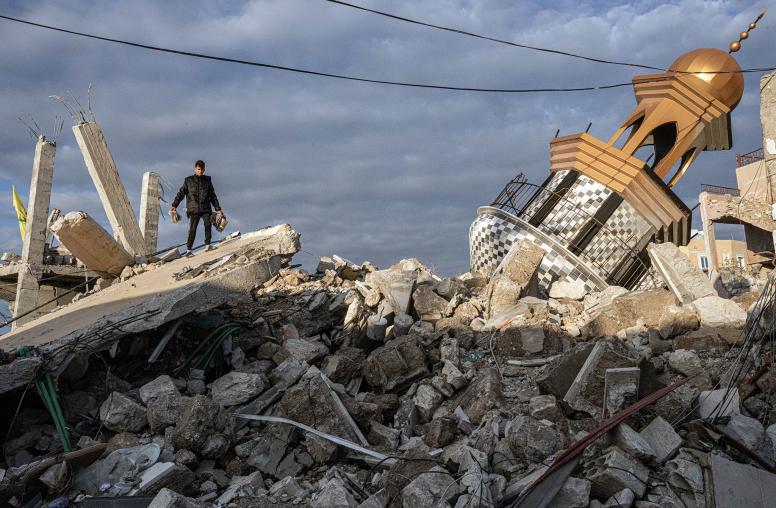 Lebanon
Lebanon
Featured Research & Analysis

The Current Situation: Israel, The Palestinian Territories, Egypt and the Levant
For over seven decades, the Israeli-Palestinian conflict — and its broader regional reverberations — has shaped Middle East politics and impacted U.S. interests in the region. Hamas’ unprecedented terror attack on October 7, 2023, the Israeli military response in Gaza and the implications for neighboring Jordan and Egypt — as well as seismic ripples in Lebanon and Syria — have sparked a new phase in the conflict’s and the region’s trajectory.

What Assad’s Fall Means for Lebanon
The fall of Assad’s Baathist regime was met with widespread jubilation among Lebanon's various communities, especially its Sunni, Christian and Druze, but trepidation among many Shias, whose political leadership relied on Baathist cover and support. Baathist Syria had played a major role in Lebanon, intervening in the country's civil war, occupying the country in the post-war period, and manipulating Lebanon's political landscape to benefit its political and economic interests. Though it was ousted from the country in 2005 following a mass uprising that blamed Damascus for the assassination of former Prime Minister Rafik al-Hariri, the Syrian regime continued to maintain influence in the country through its allies and supporters.

Can the Fragile Israel-Hezbollah Cease-fire Hold?
On November 26, Israel and Lebanon agreed to a cease-fire to be implemented in phases over 60 days. If it holds, the deal will end over a year of the heaviest fighting in decades between the two sides. Formally a deal between Israel and Lebanon, the agreement is effectively between the former and Hezbollah. The next two months will serve as a crucial test for the possibility of a sustained truce and a more durable and comprehensive resolution of disputed border areas between the two countries.